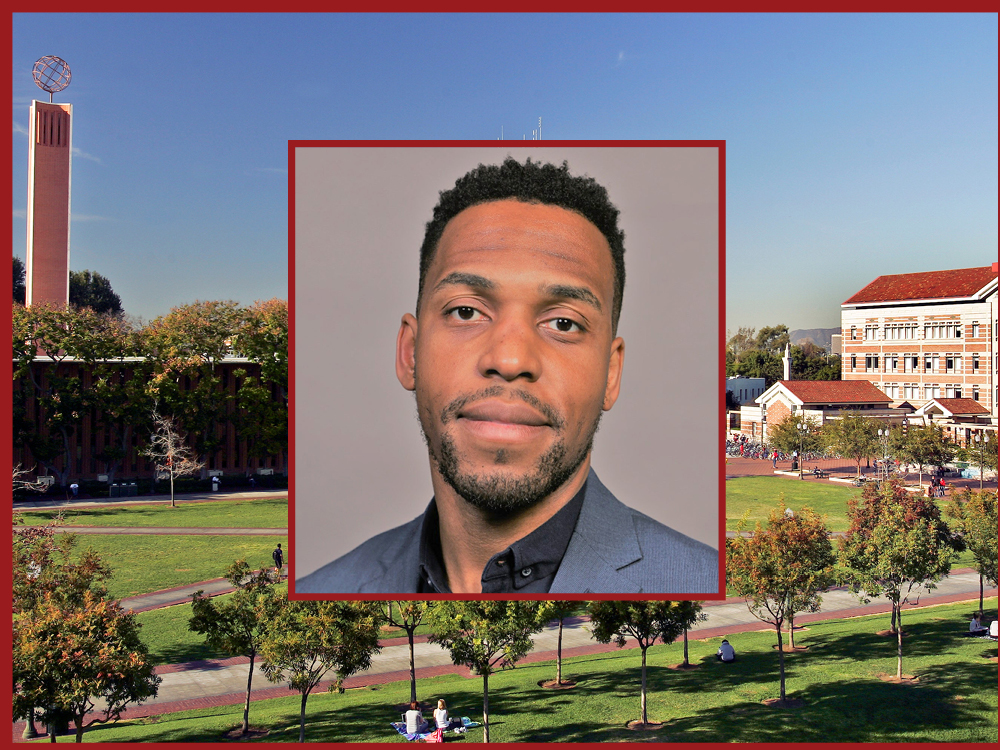With funding from the National Science Foundation, scholars in the Pullias Center are exploring how professional societies embed and disseminate DEI reports in ways that shift the discourse and activity of their members.
By Steve Desir
As hubs for national communities within professions and disciplines, professional societies can and should play a critical role in advancing ideas about equity-minded admissions, hiring, teaching and mentoring practices. The role of professional societies is especially important as faculty and university leaders navigate a higher education landscape where attacks to diversity, equity and inclusion initiatives appear commonplace. These organizations have the unique ability to leverage their convening power to create spaces for members to come together to innovate and develop new norms, policies and practices.
In recent years, professional associations such as the American Medical Association, American Sociological Association and the American Psychological Association have examined their historical ties to racism and have made commitments to confront and address the systemic racism present in their disciplines. A growing number of disciplinary societies and professional organizations have similarly convened task forces, drafted reports, shared best practices and hosted professional development opportunities in order to improve the culture and climate for marginalized and underrepresented groups in their disciplines.
In an effort to learn more about the ways that disciplinary societies and professional organizations engage their members in developing new norms, policies, and practices, we have developed a research-practice partnership with professional society staff who are leading diversity, equity and inclusion initiatives in their fields. Through this research, we hope to build upon and expand the empirical evidence about the impact of professional societies in advancing the DEI activity of their members. Since we launched the research-practice partnership, members of the Equity in Graduate Education team at the Pullias Center have led workshops and hosted panels on Systemic Change in Graduate Education, Equity-minded Mentoring, Aligning Admissions and Recruitment, and Writing and Reviewing Letters of Recommendation for Equity in professional society meetings.
To learn more about ongoing research projects being conducted by the Equity in Graduate Education Resource Center, please visit equitygraded.org








